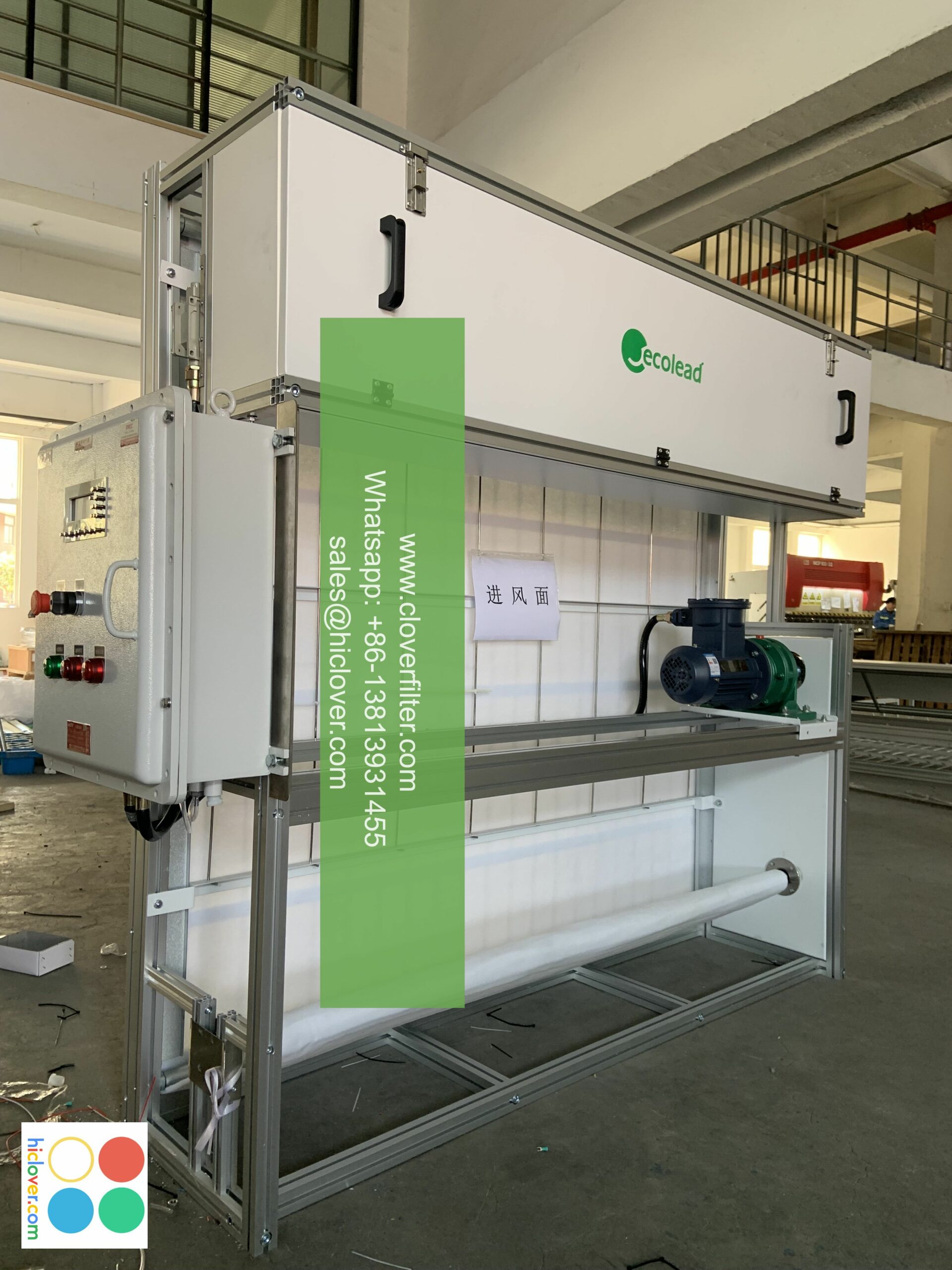How to Read an Air Filter’s MERV Rating

Understanding the Importance of MERV Ratings: A Guide to Choosing the Right Air Filter
What is MERV Rating?
When it comes to air filters, MERV (Minimum Efficiency Reporting Value) is a crucial aspect to consider. It’s a standardized rating system used to measure the effectiveness of air filters in capturing tiny particles and pollutants. MERV ratings range from 1 to 20, with higher ratings indicating better filtration capabilities.
Why is MERV Rating Important?
A higher MERV rating ensures that your air filter can effectively capture smaller particles, including:
- Dust (up to 40 microns in size)
- Pollen (up to 10 microns in size)
- Pet dander (up to 3 microns in size)
- Mold spores (up to 3 microns in size)
- Bacteria (0.3-3.0 microns in size)
- Viruses (0.1-0.3 microns in size)
- MERV 1-4: Coarse filters capturing larger particles (threads, hair, and lint)
- MERV 5-8: Basic residential filters capturing most airborne particles (dirt, dust, and smoke)
- MERV 9-12: Commercial and medical facility-grade filters capturing smaller particles (bacteria, viruses, and mold spores)
- MERV 13-16: High-efficiency filters for industrial and critical environments (laboratories, hospitals, and cleanrooms)
- MERV 17-20: The highest efficiency filters for extreme environments (atomic laboratories, aerospace, and pharmaceuticals)
- Residential: MERV 5-8 for basic home use, MERV 11-13 for those with pets, respiratory issues, or allergies
- Commercial: MERV 8-12 for office buildings, restaurants, and hotels
- Medical: MERV 11-16 for hospitals, clinics, and medical facilities
- Industrial: MERV 13-16 for laboratories, manufacturing facilities, and cleanrooms
- The type of pollutants present in your environment
- The level of particulate matter you want to capture
- The frequency of filter replacement
How to Read an Air Filter’s MERV Rating
When choosing an air filter, it’s essential to understand the MERV rating system. Here’s a breakdown of the MERV rating scale:
Application Areas for MERV Ratings
Different MERV ratings are suitable for various applications, including:
Conclusion
In conclusion, understanding MERV ratings is crucial for selecting the right air filter for your specific needs. By considering the MERV rating, you can ensure that your air filter is designed to capture the appropriate range of particles, ensuring healthier indoor air quality and reduced maintenance costs. When selecting an air filter, remember to consider the following:
By applying this knowledge, you can make an informed decision and choose the perfect MERV-rated air filter for your specific application area.
I’m ready! What kind of prompt would you like to give me?

